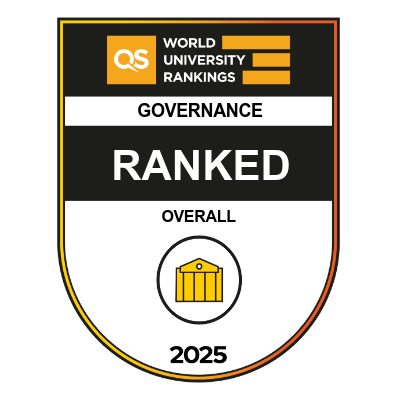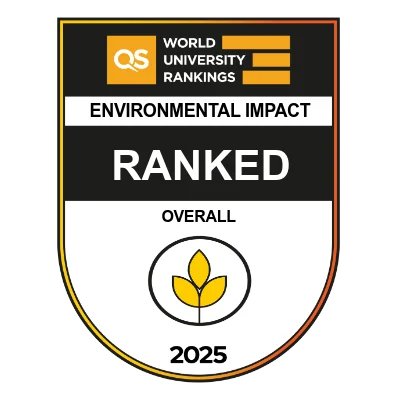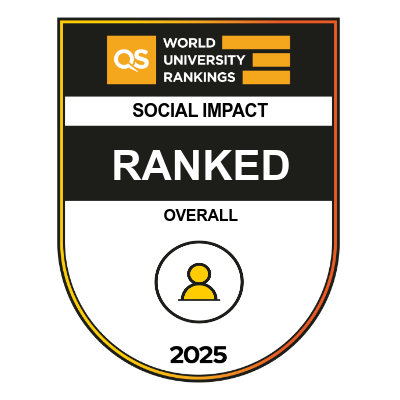
University of Wrocław in QS Sustainability Ranking 2025
The University of Wrocław was ranked 871st in the world, 346th in Europe, and 8th in Poland in the QS Sustainability Ranking 2025. The highest score was awarded in the category of Governance as the UWr was placed 485th in the world, 42nd in South-Eastern Europe, and 7th in Poland. QS Sustainability Ranking is concerned with the sustainable development of universities, and its first edition took place three years ago.
The ranking took into consideration 1,744 higher education institutions (347 more than in the previous edition), including 22 Polish universities. The first place in the world was once again awarded to the University of Toronto, whereas the second place was given to ETH Zurich. Lund University and the University of California, Berkeley were both ranked third.
The purpose of the ranking is to evaluate the capability of higher education institutions to handle environmental, social, and governance challenges. QS not only creates a world ranking of higher education institutions, but also compares universities on a more local scale.
Universities are examined according to nine different parameters and ranked in three categories: Environmental Impact, Social Impact, and Governance.
In South-Eastern Europe, the highest scores were awarded to the University of Wrocław in the Impact of Education (22nd place), Equality (24th place and 6th in Poland), and Environmental Research (26th place) parameters.



Methodology:
The data is collected through a multitude of sources, including information provided by the universities, bibliometric data, national statistics, reputation research, and research conducted among students.
The Environmental Impact category considers three parameters: Environmental Education (providing education about sustainable development), Environmental Research (conducting research concerned with sustainable development), and Environmental Sustainability (the strategy and actions aimed towards achieving sustainability).
Social Impact category looks at five different parameters: Employability and Outcomes (levels of employment among graduates), Equality (actions aimed at achieving equality), Health & Wellbeing (actions aimed at improving health and the quality of life of the students and general population), Impact of Education (the quality of education and research), and Knowledge Exchange (collaboration with other institutions in developed and developing regions aimed at sharing knowledge and stimulating the development of education).
More information about the methodology of the ranking can be found on the QS’s webpage.
For more detailed results of the ranking, consult this link.
Date of publication: 13.12.2024
Added by: E.K.
Translated by Marta Kawik (student of English Studies at the University of Wrocław) as part of the translation practice.



